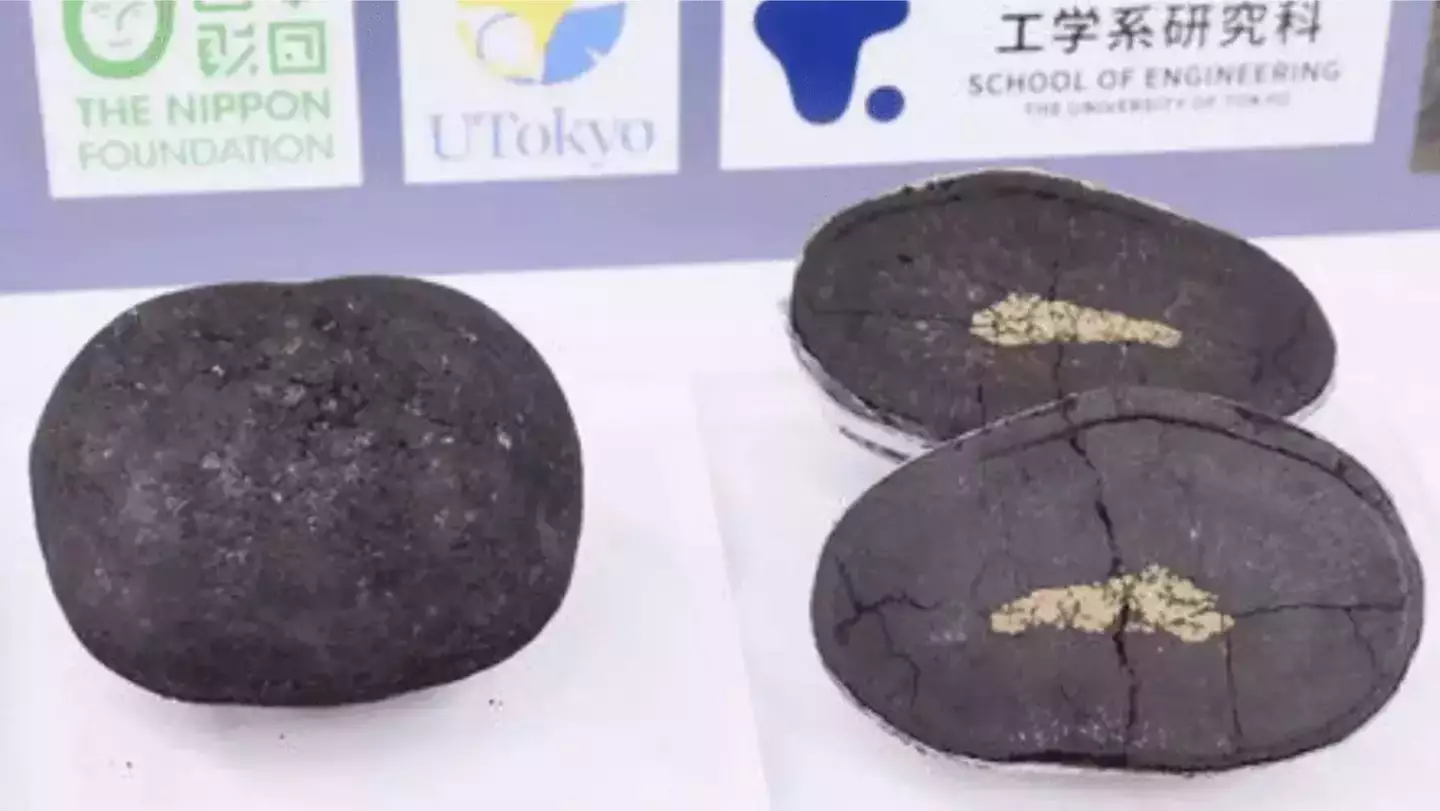
A researcher has revealed the catastrophic impact that could destroy ocean life after Japan’s groundbreaking $26 billion deep sea discovery.
A team of researchers uncovered a field of dense manganese nodules on the seabed around 1,200 miles away from Tokyo, Japan.
The survey was conducted by The Nippon Foundation and the University of Tokyo, where they uncovered the nodules which contain millions of metric tons of cobalt and nickel.

Advert
These materials are vital in creating things like batteries for electric vehicles, making the discovery a gold mine.
According to market figures from Trading Economics, just one metric ton of cobalt is worth $24,300 and nickel has a value of $15,497.
The country has been able to unearth a whopping $14,823,000,000 worth of cobalt and the 740,000 tonnes of nickel is worth $11,467,780,000.
At the time of writing this, the value of the materials totals a colossal $26,290,780,000.
Advert
However, while deep-sea mining may be a massive money earner for Japan, a study has now issued a stern warning.
The excavations of the materials is actually killing the marine life.
The study conducted by Travis Washburn, a researcher at the Geological Survey of Japan, found that ocean creatures tend to vanish from areas within and even outside deep-sea mining operations.
“These results suggest the impact of deep-sea mining could be even bigger than we think,” Washburn said.
Advert
One year after the test was conducted, those working on the study found a massive 43 percent drop in fish and shrimp populations around the site.

“I had assumed we wouldn’t see any changes because the mining test was so small. They drove the machine for two hours, and the sediment plume only traveled a few hundred meters,” Washburn added.
“But it was actually enough to shift things.”
Advert
Meanwhile, Colin Hamilton spoke about the complexity mining at such depths provides.
“Extraction will not be simple, and we see this as a potential test case for the benefits versus disadvantages of deep-sea mining of materials relating to the global fuel to materials transition,” he noted in a recent brief.
Sophie Benbow, director of a marine programme at a conservation charity, told the BBC: “There is so much we could learn from ocean biodiversity.
“Medical advances and new technologies could be deciphered from the study of deep-sea species, but they could be wiped out before we even know they exist if deep-seabed mining is to go ahead prematurely.”